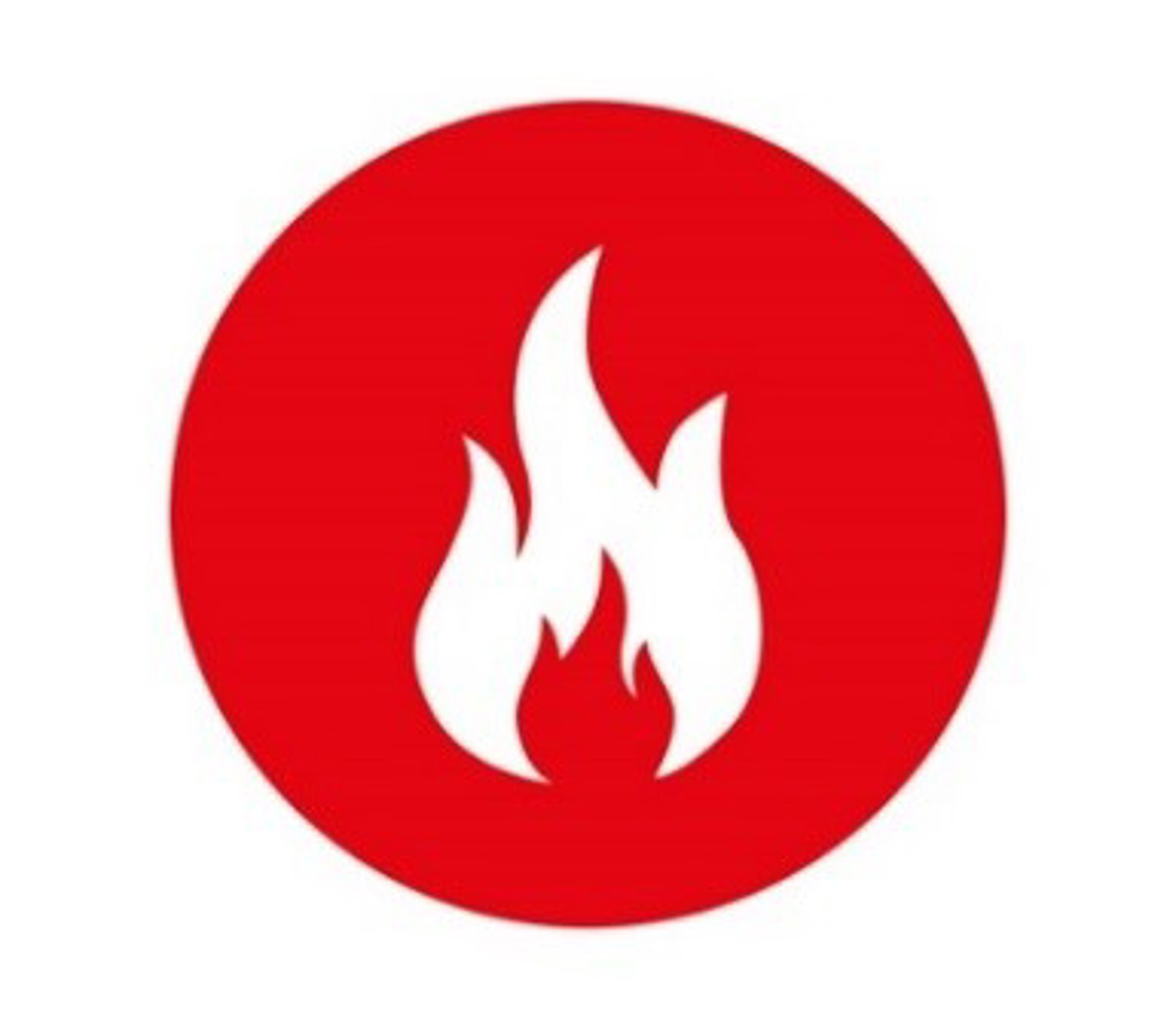Engine room fire – a small rag left after maintenance
- Safety Flash
- Published on 1 June 2020
- Generated on 30 June 2025
- IMCA SF 17/20
- 2 minute read
Jump to:
What happened?
There was a small fire in the engine room of a large multi-engined vessel. Work had been carried out the previous night to replace a sheared bolt on a turbocharger on one of the engines. On completion of works and following testing of the turbocharger, this engine was made ready before leaving port. An engineer conducting checks after the works, smelled non-exhaust gas smoke coming from this particular engine.
The Bridge was immediately informed and the engine idled and shut down. The engineer then noticed smoke coming from between the turbo chargers of this engine, followed quickly by a small visible flame. The Hi-fog system was activated above the engine and the fuel Quick Closing Valve (QCV) activated, and a full crew muster took place.
The Hi-fog was stopped having extinguished the fire. A small glow was then noticed and on removal of the exhaust shield the remains of a rag was found and removed. The engine room was then fully checked over and no further issues were found so all fire teams were stood down.
What were the causes? What went wrong?
Initial findings indicated that the incident was caused by the small rag left in an area of high temperature. The rag had been left after some routine corrective maintenance. The following points were noted:
- The area was confined with limited visibility which contributed to the missed removal of all combustibles upon completion of work.
- The fire did not escalate, primarily due to the prompt and professional actions of the crew.
- There were no further combustibles in that area.
Actions
- Engine room housekeeping to be reviewed and monitored to ensure no combustible materials such as rags, gloves, and/or absorbent pads are left lying around.
- An engineer is to be present when starting up any machinery or system post-maintenance, to ensure that the area is safe.
- It was made a requirement to check work areas completely and enforce a rigid sign off procedure, particularly in high risk areas.
- On board Risk Assessments were reviewed and amended to ensure the above are added as part of the control measures.
Related Safety Flashes
-
IMCA SF 03/19
27 February 2019
-
IMCA SF 10/14
30 June 2014
-
IMCA SF 10/14
30 June 2014
IMCA Safety Flashes summarise key safety matters and incidents, allowing lessons to be more easily learnt for the benefit of the entire offshore industry.
The effectiveness of the IMCA Safety Flash system depends on the industry sharing information and so avoiding repeat incidents. Incidents are classified according to IOGP's Life Saving Rules.
All information is anonymised or sanitised, as appropriate, and warnings for graphic content included where possible.
IMCA makes every effort to ensure both the accuracy and reliability of the information shared, but is not be liable for any guidance and/or recommendation and/or statement herein contained.
The information contained in this document does not fulfil or replace any individual's or Member's legal, regulatory or other duties or obligations in respect of their operations. Individuals and Members remain solely responsible for the safe, lawful and proper conduct of their operations.
Share your safety incidents with IMCA online. Sign-up to receive Safety Flashes straight to your email.
